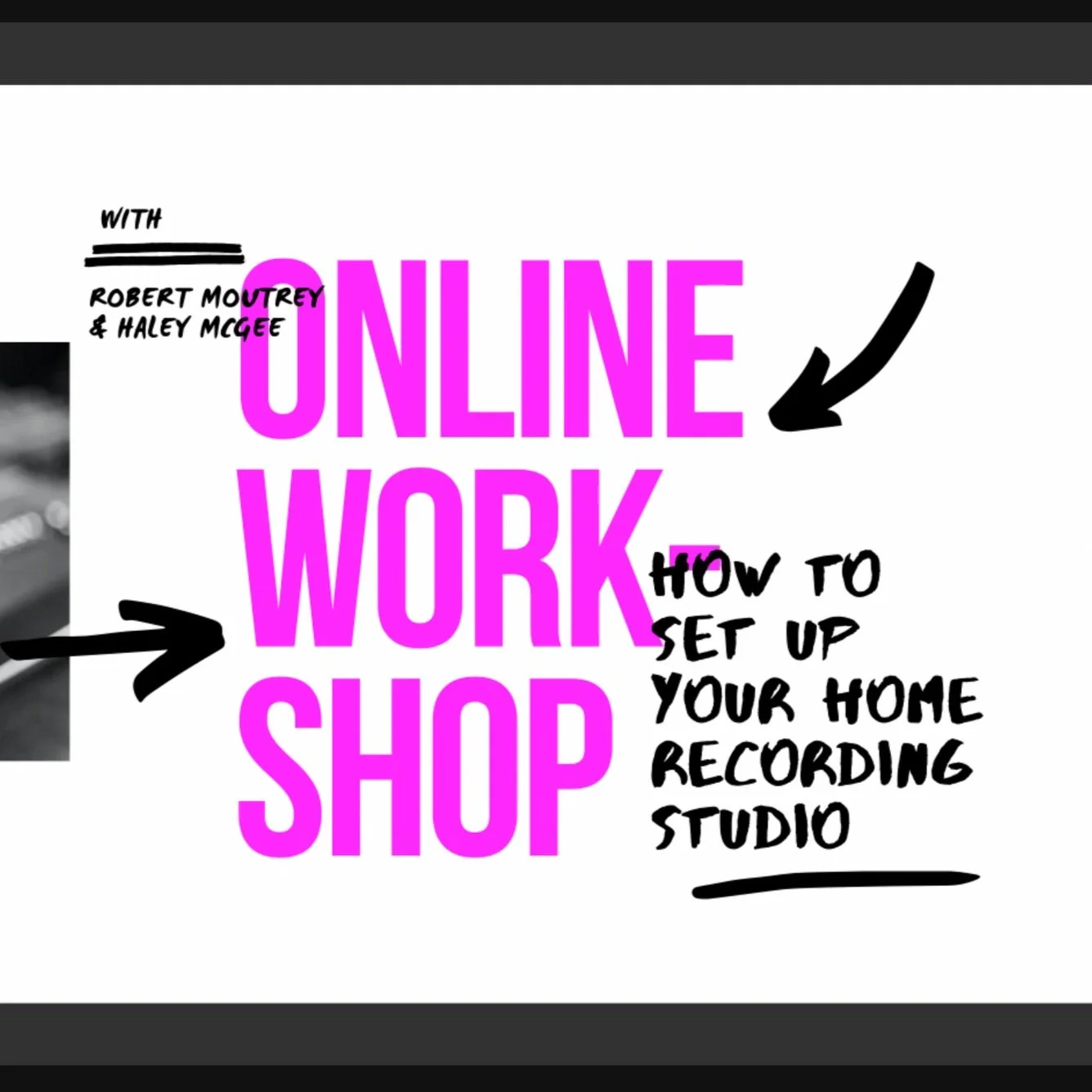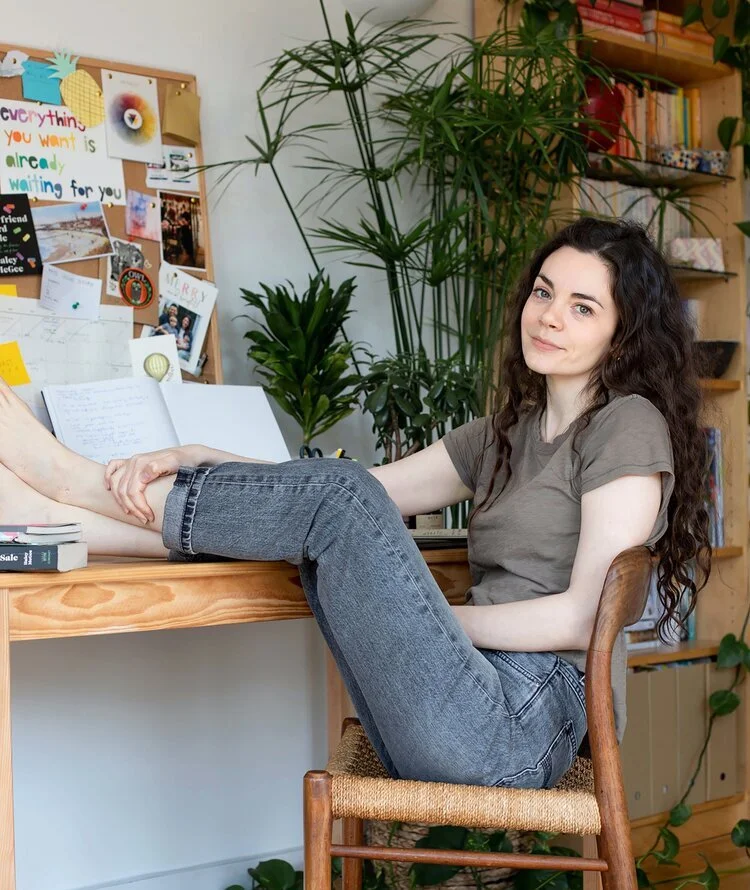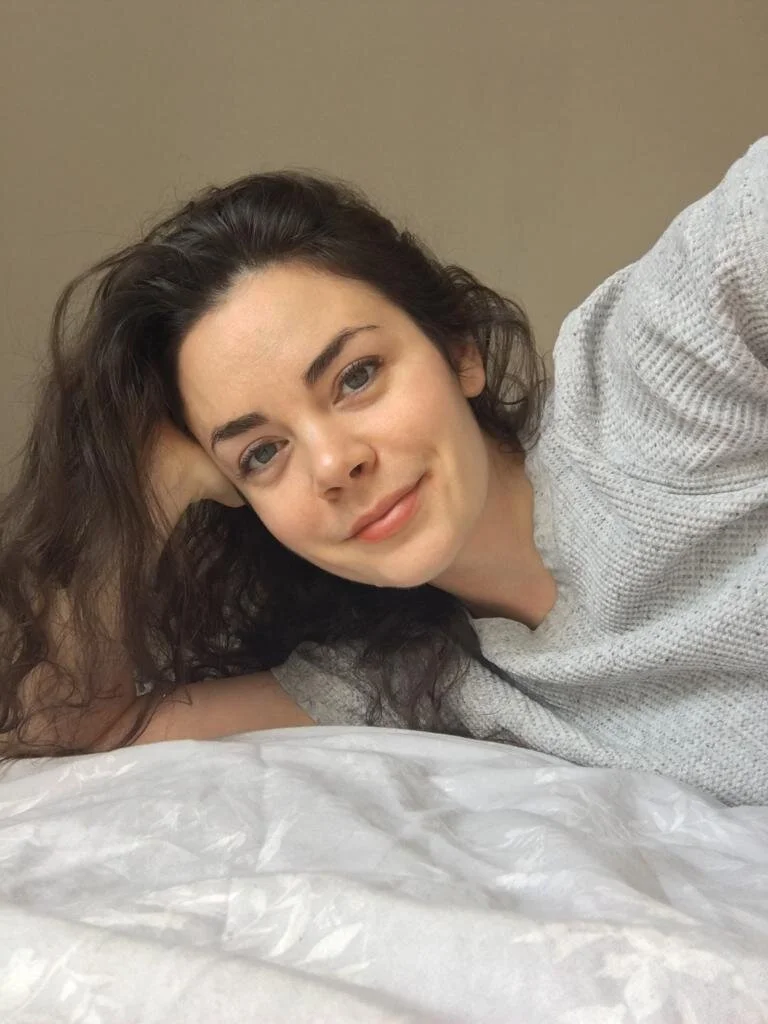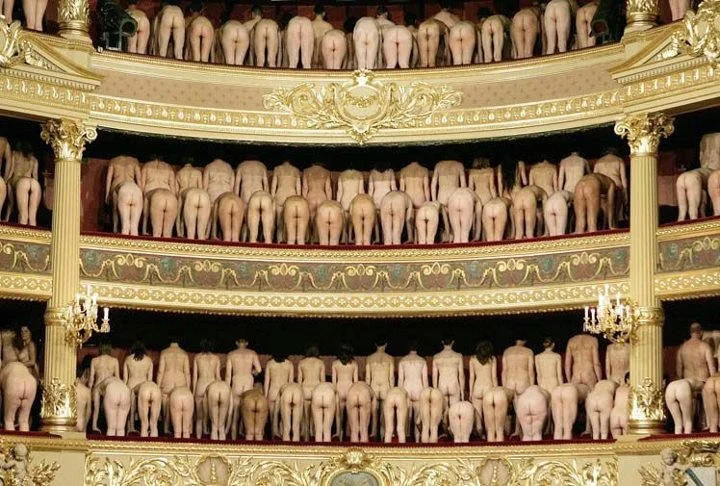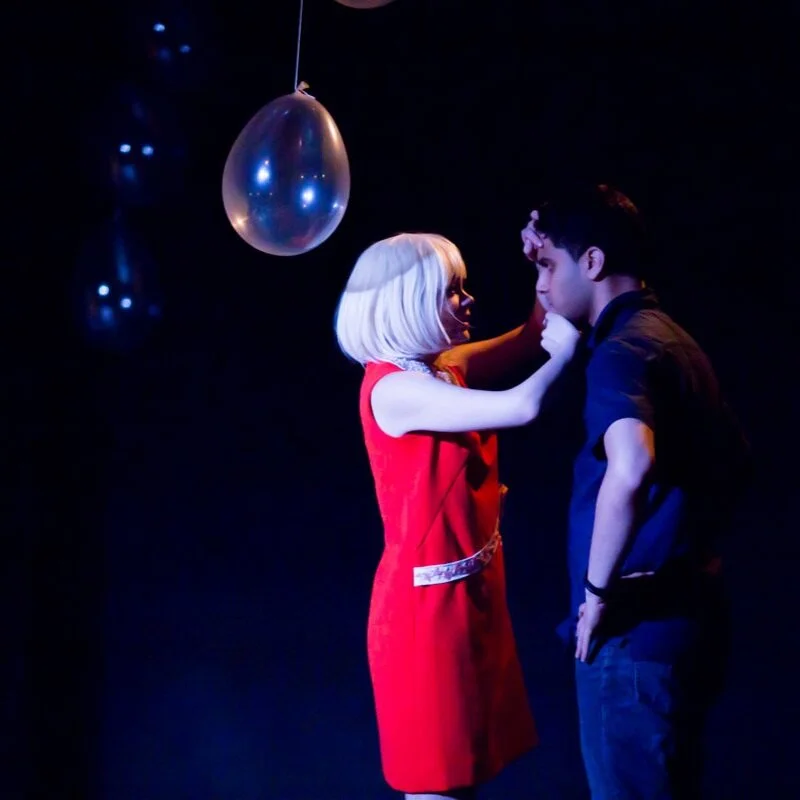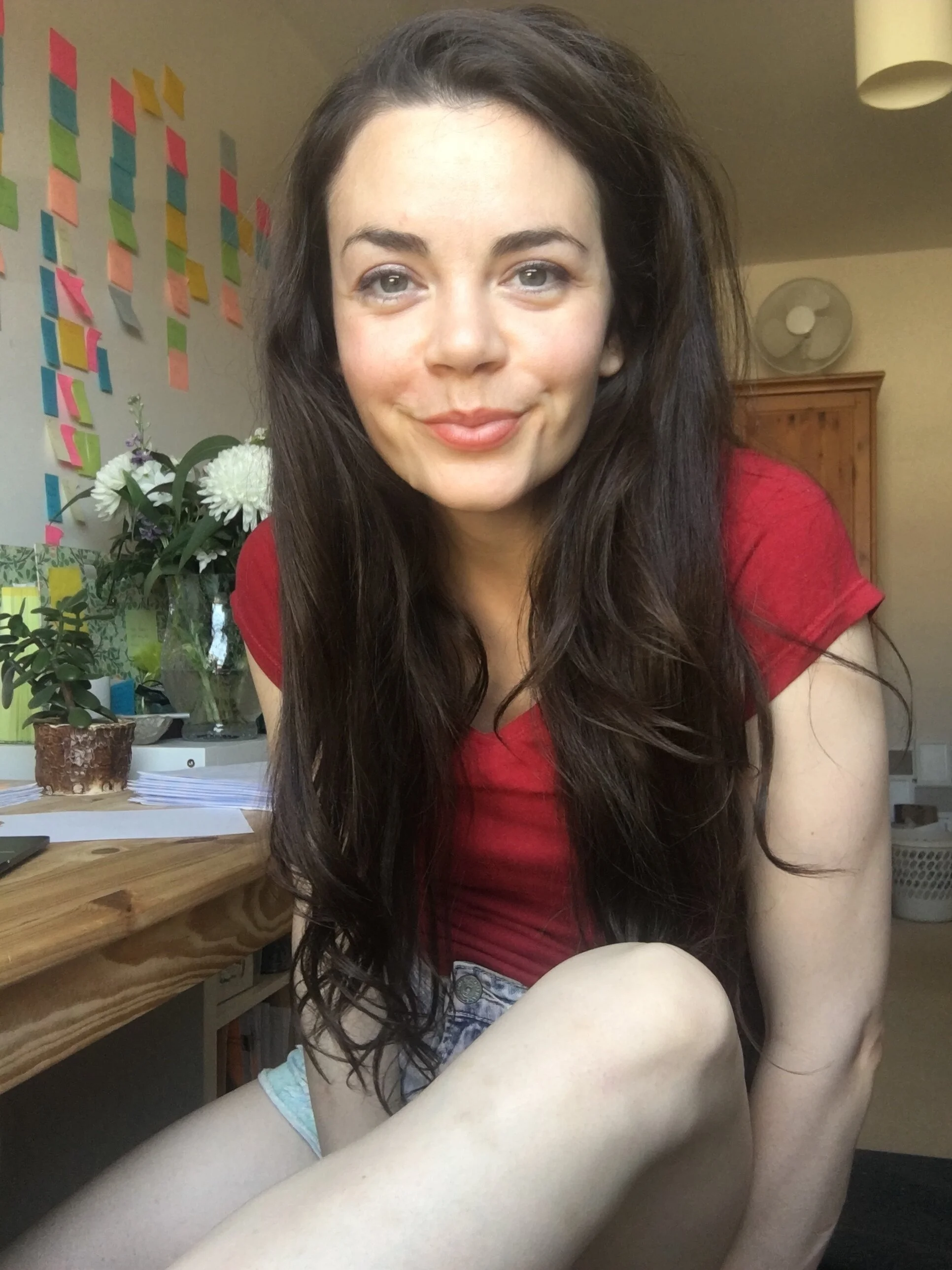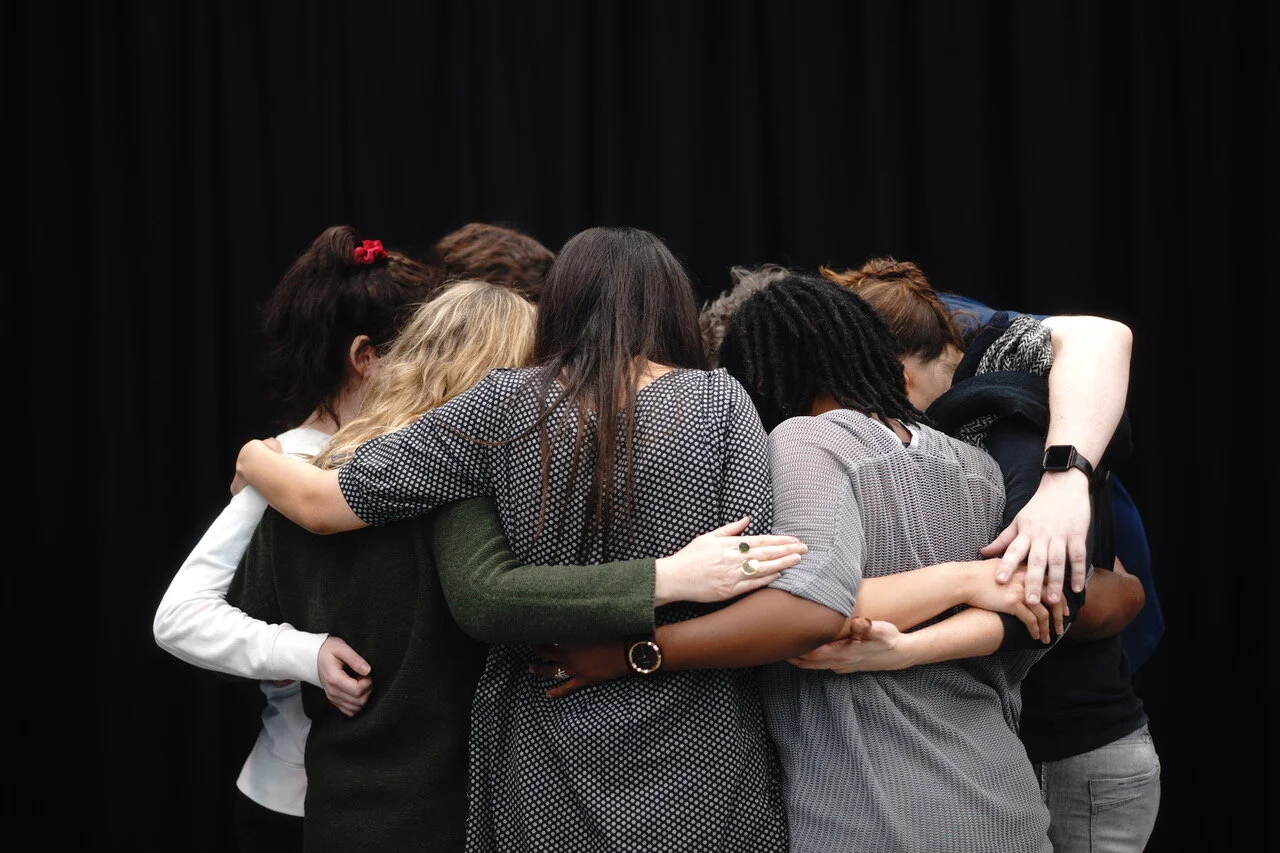I’ve been working on a new project about climate change (sounds awful but I think it’s going to be good 🤞). The research I’ve done, and the research I’m poised to do, is jet fuel for my creative process.
Today I wanted to share the beauty of research with you. Where it’s been a part of my work, how I conduct it, what the pitfalls are and why I recommend it so highly.
For years (years!) I’ve been promising to teach you what I know about commercial voice work – a career I’ve stumbled into, and which has changed my life significantly.
Being a voice actor has transformed my life. Here are 5 steps to help you get rolling as a voiceover actor, and open yourself up to a new, and potentially lucrative, revenue stream!
The Ex-Boyfriend Yard Sale, my debut memoir, has been out in the UK for a few weeks now (available here!).
I wanted to share with you the nuts and bolts of how I tackled writing a book, literally how I attacked the towering task of generating all the material and finishing the book.
A couple weeks back, my debut memoir ‘The Ex-Boyfriend Yard Sale’ hit the shelves in book stores all across the UK. So, let’s talk about how I ended up being a person who has published a book!
The idea that incited all of this came to me while I was on the phone with my credit card company.
I’m back in the fray with my new solo show, Age is a Feeling. I got a commission from Soho Theatre – such a dream, especially after literally trying to get them to notice me since 2016.
Every couple weeks I meet with their associate director Adam. He’s a great dramaturge and director and he’s working with me as an outside eye and frankly, accountability buddy. I share the material I’ve been working on and we talk about what I should focus before our next meeting.
I heard an apocryphal tale from a fellow writer, that when Ottessa Moshfegh, author of My Year of Rest and Relaxation, was broke and wanted to write a book that would make her money, she purchased a book about writing books and followed its method. That book, Eileen, won the Man Booker Prize.
The saving grace for me right now is the good weather in London.
Daffodils and crocuses have pushed through the earth. We've got daylight beyond until almost 8pm. And the temperature is above 10 degrees.
Sorry to open with a paragraph on the weather, but really it's having a HUGE impact on my mood.
In my forthcoming book there’s a scene in which I improvise a monologue about a bad date for an improv comedy show. My fellow performers pull some of the things I mentioned as fodder for scenes.
To quote myself, “Seeing my foibles reflected through this comedic prism makes me weep with laughter from the backline. They genuinely make light of it all, and this lifts my spirits tremendously.”
I had a realisation recently.
I'd been rejected from a competition I'd applied to, where the winner would have had their one-person show turned into a Netflix special. What a dream! I'd love to do that with 'The Ex-Boyfriend Yard Sale.' I was feeling bummed.
Today I want to talk about that moment in the life cycle of creative work when, after wanting and yearning and WORKING for it – we get what we want (the money, the studio time, programmed in a venue) – whatever it might be.
And after the briefest moment of celebration, a new shitty feeling sets in.
Before I moved to the UK I was seriously burnt out. I’d been gigging as a theatre actor almost non-stop for a couple years. Truly, living the dream I’d held for myself while I was in acting school. But I was exhausted.
And (perhaps more disturbingly) it struck me that I didn’t have much juice to bring to my work when the bulk of my time was spent in theatres, rehearsing and performing. I was lacking new outside experiences to draw inspiration from.
You know that tingly feeling of anticipation upon stepping into a haunted house? Having elected to freak yourself out can give such a delicious jolt.
That's the level of fear I think is useful to take into a project or for a new step in your career.
New year resolutions can often leave us feeling like a loser a few months in, and even more so when another new year rolls around and we realise we completely abandoned our well intentioned litanies of improvements.
I like to spend a little time on early in January meditating on what I want to focus on in the year to come.
I want to share some thoughts on something I'm in a constant push/pull relationship with: SILENCE.
My new year’s resolution for 2019 was to NOT put in headphones and listen to podcasts whenever I left the house, but instead to open my ears to the city.
Are you fatigued? The experts are saying, the collective adrenaline has worn off and now we’re all just wiped. I feel it myself.
There is grief happening in the arts community; we are grieving our industry as we knew it. If you’re feeling really sad, you’re not crazy.
I hope you’re doing alright, adjusting to our “new normal”. I’ve been dreaming scenes of wartime efforts – I think it’s my psyche trying to tell my conscious mind why I’ve found it all so destabilising.
Today I wanted to write about a new principle I’m trying to embrace.
This is the perfect time to ASK FOR WHAT YOU WANT and shoot for the moon.
Why? Lockdown has obliterated much of the work artists had lined up. This is especially true for artists who specialise in live performance. Artists want to be engaged in making art. And many have more bandwidth and availability at the moment.
Today I want to share a story about my trajectory as a voiceover artist and the perils of giving authorities too much credence.
I'm gonna jump right in and say something bold:
You cannot make good art and have longevity in your career without self-care.
I’m learning this the hard way.
I was diagnosed with an autoimmune disease in July this year. I’m going to be fine, but it’s made me stop and take stock.
I was running on adrenalin for a decade, pushing myself so hard I couldn’t see that I needed a break. I didn’t even realise I was stressed or that I was addicted to being busy.
I often hear theatre artists say that they hate theatre. They don’t feel like going. They’re sick of it. They don’t like anything they see.
Full disclosure: I have 110% been there and said those things. And I still struggle with those feelings.
Sometimes when you’re hard at it, grinding it out, going to the theatre is a royal pain in the ass.
That being said, I believe firmly that regularly getting yourself to the theatre will transform your artistic practice and your business savvy for the better.
Do you have a hobby? I didn’t have any until a couple years ago. It can be difficult to have a hobby when your work is your passion, or obsession.
A hobby can appear frivolous -- a misuse of your precious time and money that should be funnelled back into your CAREER. That’s how I thought anyway.
Since I started teaching artists in my Solo Show Lab about 2 years ago, I've been meditating on what is essential in order for artists to be able to make headway with their work in a way that feels good.
I’ve been working on a theory: The Creative Power Triad. I believe that there are three symbiotic elements necessary for artists to have a healthy and productive creative practice.
What to do when the blush is off the rose & you no longer care for the thing you’re creating?
Today I want to discuss that moment in our creative lives when we fall out of love with a project. I think of creative projects as entities unto themselves, and as a result, we are in relationships with them.
Have you ever felt the maddening frustration of banging at a door and not being let in?
Maybe it’s the door of an agent, a sector of your industry, particular company you want to work with, a festival where you want to present your work or an artist you wish would bring you onto their team, etc…
Based on what I learned working on my book, I’m offering you 5 hot tips for editing your writing.
Maybe you've just completed my 14-Day Creative Quarantine Challenge and you want to begin shaping your raw material? Maybe you’re about to start a second pass on a script or a story?
Or maybe you’ve got to write a funding application? Or you’re refreshing all the copy on your website?
These tips can be applied to creative or professional writing.
Over the last decade I have toured my various solo shows to 36 venues in 11 countries around the world. My solos have led to international collaborations, new opportunities as an actor and writer, including a book deal (!!), and expanded my artistic practice exponentially.
Although making a one-person show can be a lonely process, involving quite a lot of admin and self-producing work, there are some awesome payoffs that can make all that worth it.
I could wax on and on about their virtues of solos, but today I offer you 3 reasons to embark on your own thrilling solo show journey.
why & how I became a solo show creator & performer
In the autumn of 2007, I returned to Toronto from my first ever professional acting job (outdoor theatre on the farm theatre). I’d landed an agent but I was not having a good time. I was frustrated by my lack of creative control:
• I was bombing my auditions to play high school students in poorly written TV series or to sell toothpaste in commercials.
When I relocated to London in 2016 I found myself in a new city, facing big changes in my career.
In Toronto I’d been gigging as a theatre actor, 6 days a week, for several years (read an interview I did about burnout and this transition here).
Autobiographical work is on my mind these days. I’m in the middle of writing a book based on my autobiographical solo show, The Ex-Boyfriend Yard Sale.
I’ve also taught many artists through my Solo Show Creation Lab who were creating their own autobiographical work. These artists often express fear that their autobiographical work is self-indulgent — That it’s not worthy of a platform. They worry that it’s therapy not art, or a diary rather than a show and therefore won’t have relevance or value.*

